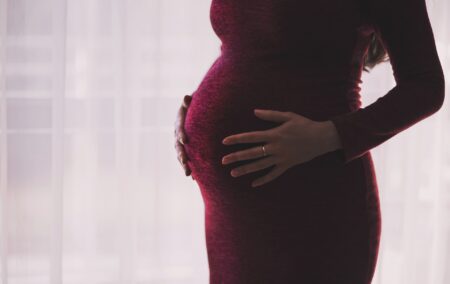A new bill in the United Kingdom, which would ensure senior government officials that are pregnant will be entitled to six months paid maternity leave, will use the word ‘mother’, after initial versions used the word ‘person’.
The House of Lords, the upper house of the British Parliament rejected the bill for its use of the word ‘person’, rather than ‘mother’.
The Ministerial and Other Maternity Allowances Bill will change the way ministers can take paid leave. Currently maternity leave is at the discretion of the Prime Minister, but he does not have the option to allow a minister to take paid leave and also to pay a replacement. The new legislation will change this.
The impetus for the change in the legislation came after the British attorney general, Suella Braverman, announced last year she was pregnant with her second child. Currently, if she wanted to take maternity leave she would have to resign from her position. The legislation would bring ministerial leave policy in line with leave policy for more junior government roles and civil servants.
There has been some controversy in the UK in recent times around inclusive language. Some activists have argued that the use of the word ‘women’ or ‘mother’ to describe pregnant people excludes people who are pregnant but may not identify as women, such as transmen or non-binary people. Others have argued that not using words like ‘women’ or ‘mother’ erases the experience of biological women who identify with their birth sex, and is a blow to sex-based rights.

